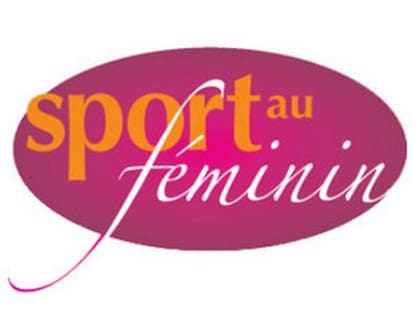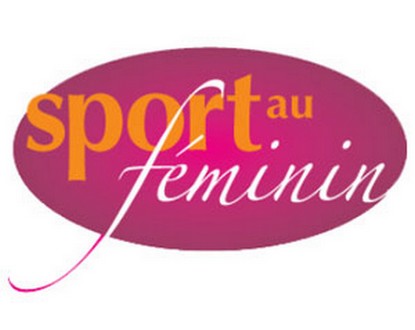Access for everyone to sports practice and decision-making bodies is regulated. Articles L.100-1, and L131-9 of the sports code.

Yet, the place and role of women in sports remain insufficient. Despite constant progress, women’s participation in sports is still low. Only one in two girls practices sports outside priority education zones (51% outside ZEP), and this rate drops to 32% in ZEP. Furthermore, in 2010, women’s licenses represented only 37.3% of licenses issued in France. Very few women hold coaching and management positions. In 2008, only 14% of sports technical advisors and just 5% of sports federations were chaired by women. Thus, women find it harder to participate in or access sports activities and responsibilities due to sometimes cumulative social, financial, cultural, or organizational reasons.
Acting to promote women’s engagement in sports requires recognizing individual obstacles as well as social and cultural resistances that lead to this situation. Indeed, the primary barrier to the development of women’s sports practices lies in the precariousness faced by women. The resulting social and financial difficulties make sports practice more challenging.
The second barrier is cultural. The social representation of women’s place and their relationship to public spaces (including sports), family constraints, and the lack of suitable offers restrict equal access to sports and federal sports for women.
In light of these observations, the PACA Region is implementing a proactive policy through the “Women’s Sports” call for projects. This call for projects is a specific part of the “Regional Solidarities” program from the Sports Service of the Directorate of Sport and Citizenship.
Project Carriers:
This project is aimed at leagues, clubs, and associations looking to develop innovative mechanisms to promote sustainable sports practice for women and their integration into the federal sports movement. These associations are affiliated with sports federations approved by the Ministry in charge of Sports and may also belong to the field of popular education federations.
General Objectives:
This program, dedicated to women who are furthest from sports practice, aims to:
- facilitate the discovery and regular practice of a sport;
- make access to a club sports license easier;
- encourage long-term involvement in sports associations in roles such as coaching or management positions.
Eligibility Criteria:
Proposed actions by clubs with existing dedicated (women’s) sections should bring added value compared to usual club practice; this should be based notably on identified specific needs to facilitate access to sports for new audiences.
These actions must be part of a civic approach aiming at personal autonomy: organizing sports practice for all, facilitating involvement through social, cultural, and generational diversity through sports practice.
The actions undertaken should be long-lasting. The continuity of activity is a guarantee of anchoring sports practice and genuine integration of these new entrants into the structure or club.
The league, club, or association should ensure the involvement of these targeted groups (women) in the life of the structure. The reciprocity of engagement is a condition for the development of everyone’s place in the democratic associative life:
- the association serving women’s sports practice,
- women participants serving the sports and social projects of the structure.



